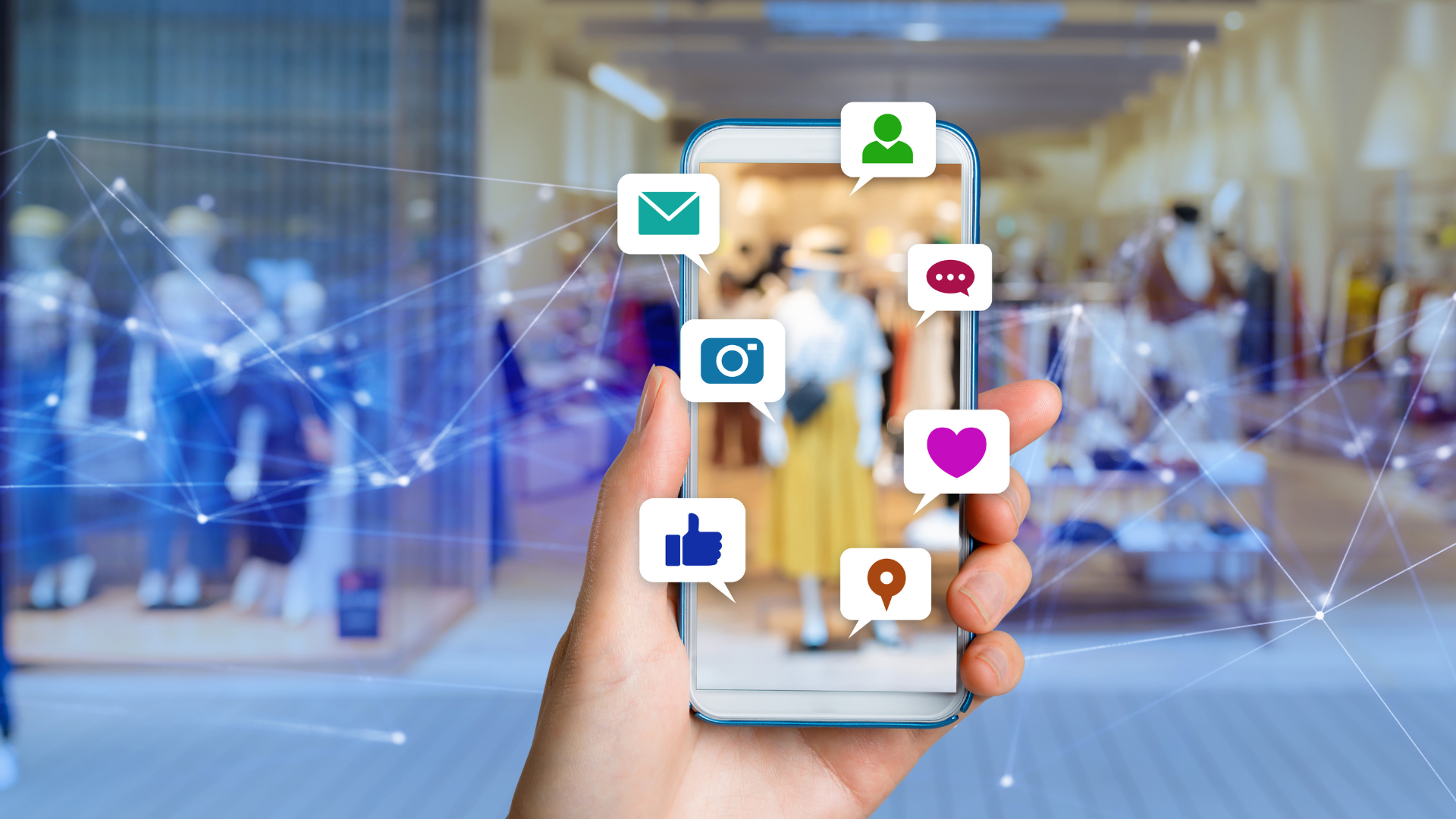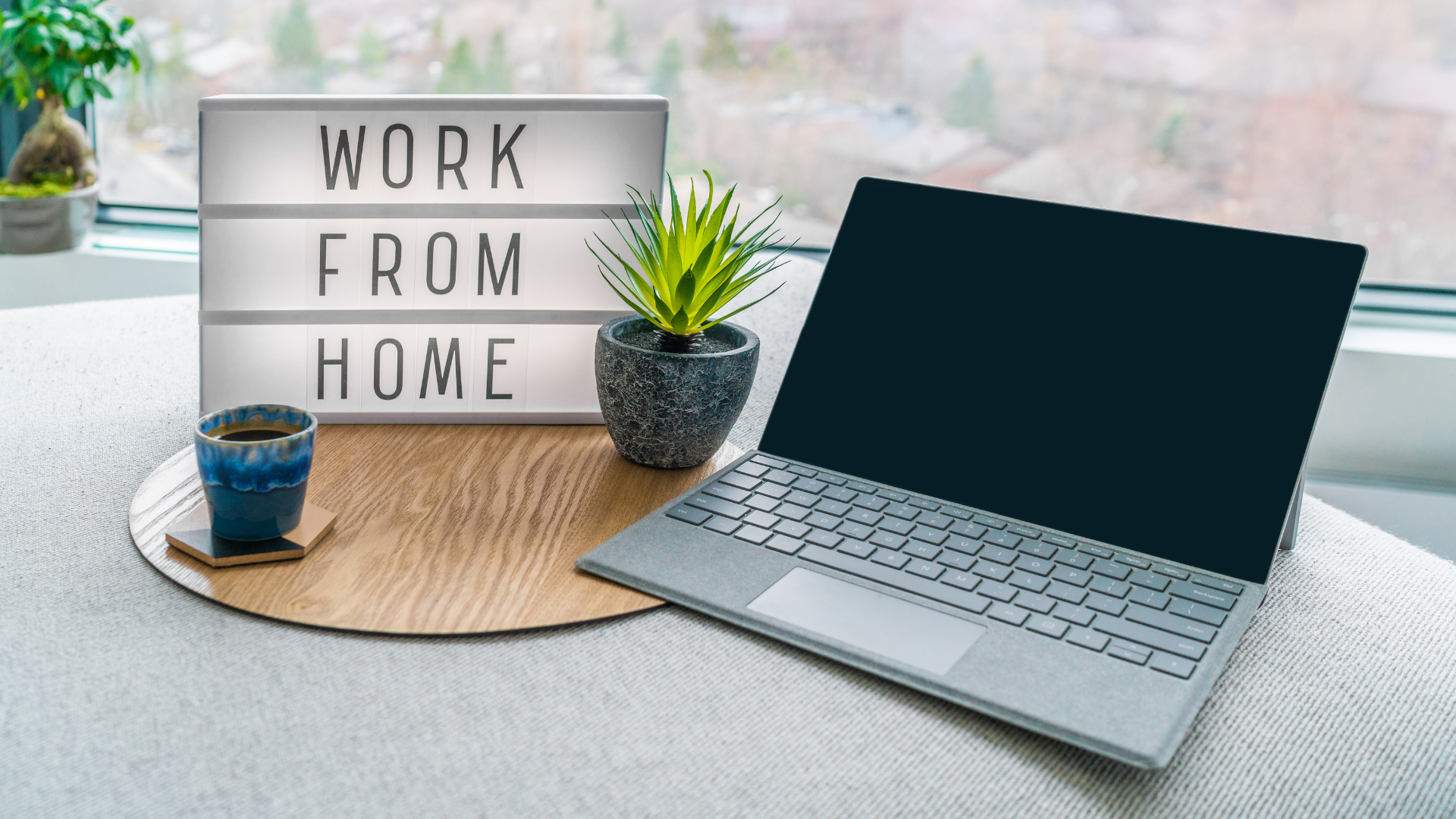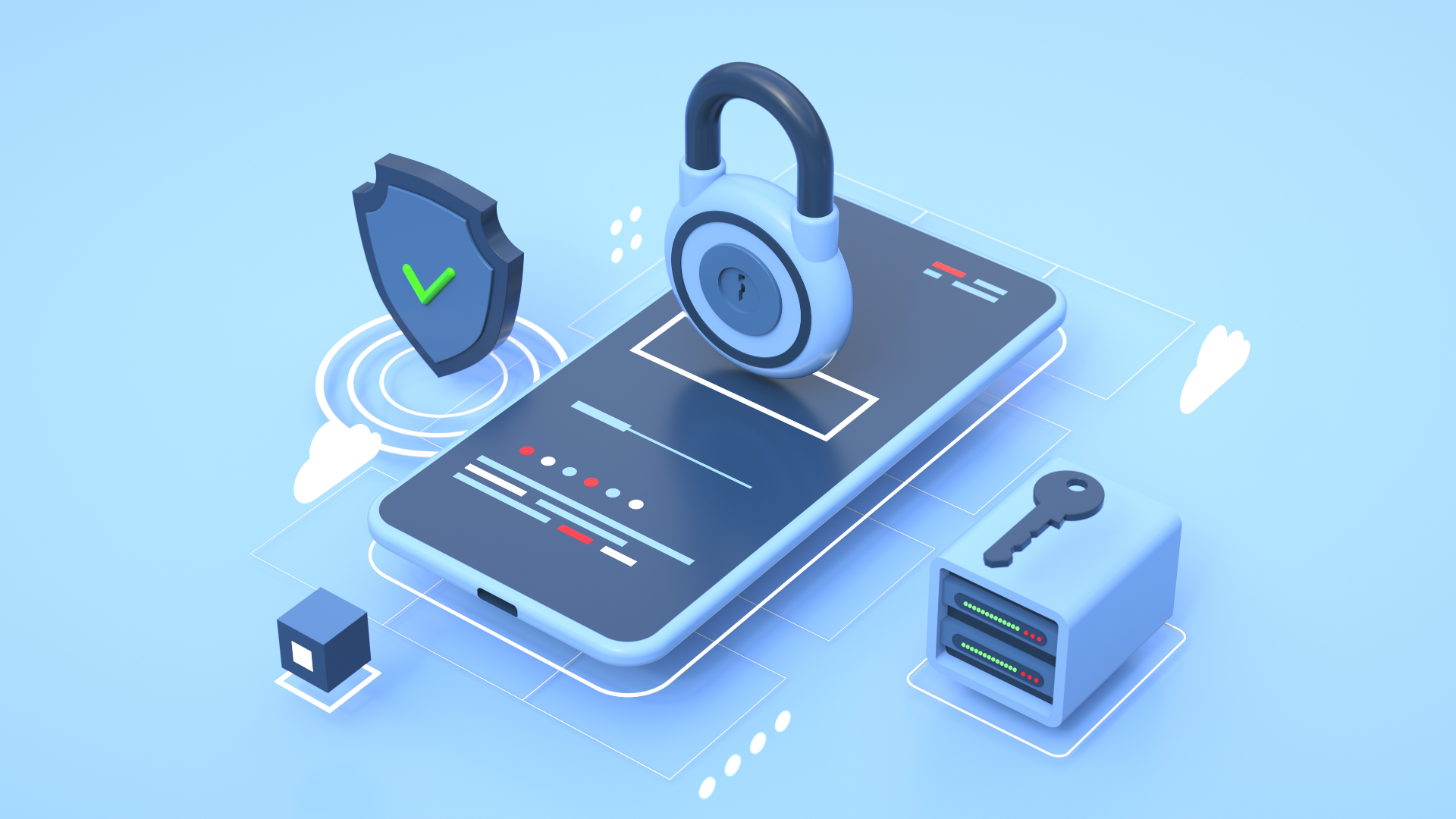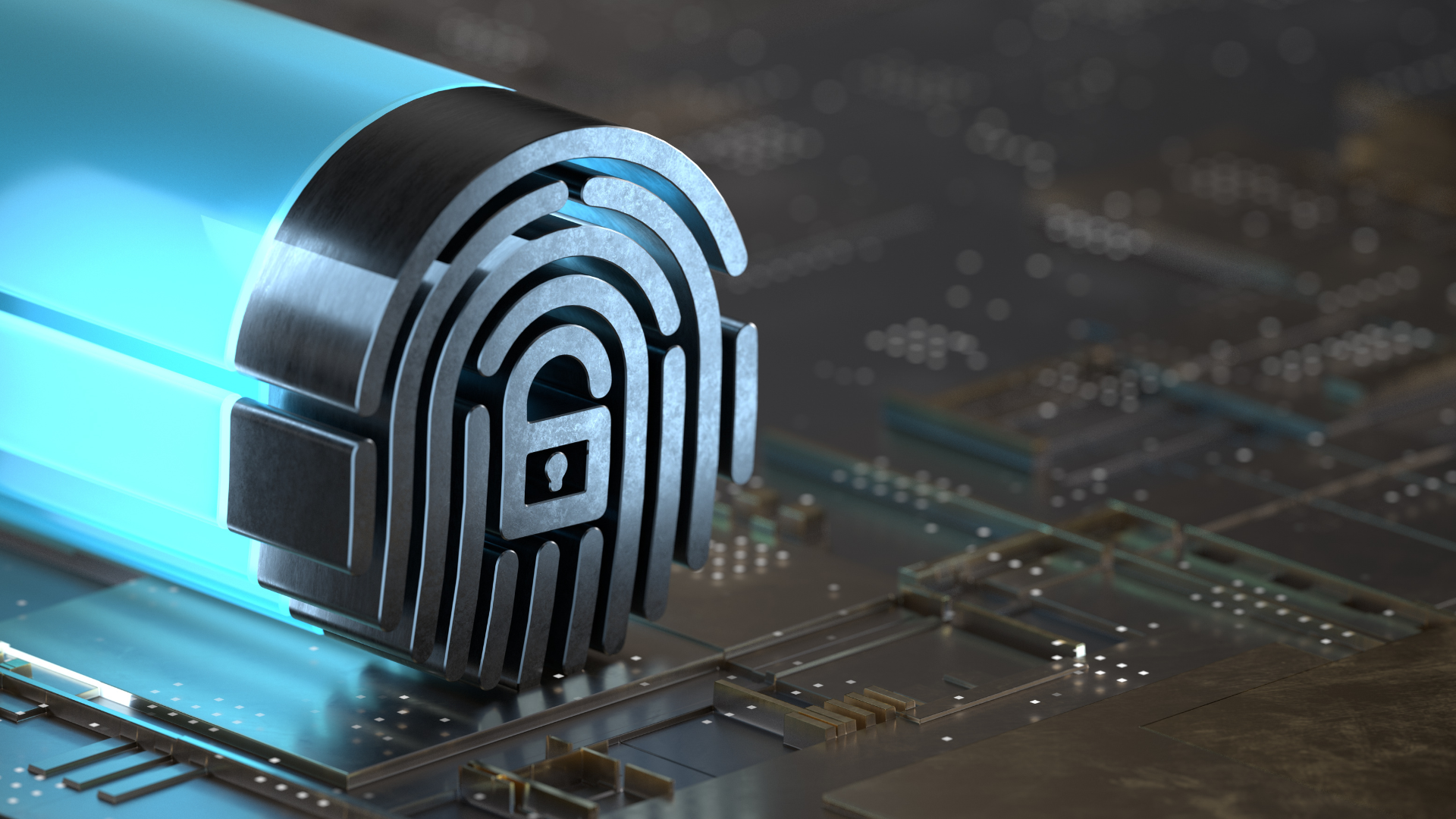How to Keep Your Business Safe from Social Media Burglary
In 2016, a group of burglars snuck into Hôtel de Pourtalès and robbed celebrity businesswoman Kim Kardashian at gunpoint in her hotel room.
The perpetrators were a group of older men aged 60 to 72 years old, and they stole over $10 million worth of jewelry.
When asked how they prepared for the crime, the 70-year-old suspect
Yunice Abbas said, “I went to the Internet…I saw her jewelry, I saw her ring, I saw that she showed it everywhere, and we knew this information through social media.”
According to VICE’s
Crimewave, “In the lead-up to the event, Kim [Kardashian] was posting her lavish lifestyle on Snapchat and Instagram.”
After the incident went viral, Abbas and his gang of “grandpa robbers” influenced thieves around the world to use social media to their criminal advantage.
They unknowingly triggered a global trend of social media burglary.
What is Social Media Burglary? And How Does It Affect My Business?

Social media burglary is when criminals use social media to execute burglaries, which the Federal Bureau of Investigation (FBI) defines as the unlawful entry of a structure to commit a felony or theft.
After the 2016 jewelry heist, many more social media burglaries occurred.
In 2019, the Houston Police Department
reported that criminals used social media to identify and surveil burglary targets in upscale Houston neighborhoods.
They checked social media posts to find out when wealthy homeowners would be at work or on vacation so they could plan out the burglary timeline. The criminals ended up stealing artwork worth hundreds of thousands of dollars.
Homes and hotels aren’t the only victims of social media burglaries. Criminals can leverage social media to steal from businesses like yours, too!
In fact,
34% of burglaries each year affect small businesses.
In 2021, mayors in California
investigated the possibility of thieves using social media to facilitate a string of organized retail robberies across several cities.
“Speed, coordination, mass volume. That’s tough to do. Social media makes all that easier. You can engage a lot of people,” Center for Cyber and Homeland Security Senior Fellow Clint Watts said. “In terms of that many people showing up at the same time to hit a place, I don’t know how you pull it off without social media.”
When it comes to crimes involving social media,
hacking,
phishing scams, and ransomware attacks aren’t the only threats you should keep an eye out for.
Read More:
Signs and Symptoms of Ransomware Attack
How Burglars Use Social Media Against You

Using the power of social media, burglars get real-time access to where you are, what you’re doing, what you own, and what your home or office looks like. All the information they need to find and track targets is just a tap away.
Here are some of the ways criminals use social media to their advantage:
Scout for Potential Targets
In an anonymous interview with Crimewave, a UK-based robber admits using social media to scout for potential targets.
He uses one of his fake accounts to follow people’s social media pages and check out their posts. He looks into what people own, where they go, and how they spend their money.
When asked how easy it would be to locate a person’s house using social media, the robber says you can get it by looking for photos of their cars and running a car registration check.
“At the same time, if I go to their live [broadcast], sometimes their address is there,“ he adds.
By lurking on social media, criminals can anonymously find out who you are, what you have, where you live, and when your home or office will be most vulnerable.
For criminals targeting businesses, cybersecurity company
Proofpoint says LinkedIn is a common tool. Thieves can use it to collect business emails and identify employees with access to financial information, valuable data, and privileged network access.
With enough information, malicious actors can launch a reverse social engineering attack against your business.
Read More:
How Cybercriminals Use Reverse Social Engineering to Steal Your Medical Data
Conduct Reconnaissance
According to a study by alarm company Friedland, 80% of criminals return to the targeted location several times before breaking in.
They conduct reconnaissance operations to study and gather as much information as possible about your home or office, such as points of entry, hours of operation, camera location, escape routes, and people present.
In our highly digital world, social media is the burglar’s perfect tool for conducting surveillance and reconnaissance remotely. Here are a few ways they utilize it:
- Your social media tags, check-ins, and posts tell burglars when you’re out on vacation or away from the targeted location.
- Geo-tagging features on some apps reveal your real-time location to burglars whenever you upload photos or videos online, telling them whether or not you are at the targeted property.
- Google Street View gives burglars an up-close look at the targeted location and its surrounding areas without having to go there in person.
- Unsecure CCTV cameras allow burglars to hack into live cameras inside your home or office. They can watch and hear everything without any restrictions. If you’re a medical office, this could lead to a massive HIPAA violation.
How to Prevent Social Media Burglary

As technology evolves, so does the complexity of crimes. To avoid falling victim to criminals leveraging social media, stay one step ahead of them by keeping your personal and business information hidden. Here are a few ways to do that:
Think Before You Post
After losing over $50,000 to a social media burglary, Italian influencer Eleonora Incardona admits she had to change her social media habits and be more careful about her posts.
“I never publish a story made at the moment,” Incardona
says. “[When I’m in an event] and I’ve made some content, I’ll publish an hour or two hours after I leave so that criminals can’t…follow me.”
Because critical information is available to criminals through social media profiles, always double-check your posts before publishing them online.
Will it give away too much information? Will it give burglars a virtual tour of your home or office? Will it reveal your address to strangers?
Sharing travel photos while you are still on vacation quickly shows burglars that you’re away from home. Similarly, your employee posting about being alone in the office can tell criminals that your business is less secure and more vulnerable to a break-in.
Adjust Your Privacy and Location Settings
One of the ways social media burglars gather information about you is by using fake accounts to pose as friends, connections, or even potential business partners. They start conversations with you to collect any information that can help them execute a crime.
Be wary of strangers who contact you online, even when you share mutual connections. Always run a thorough check before allowing people into your social media circle.
Keep your social media profile private. Turn off any geo-tagging features on your account to avoid sharing your location with strangers. Update your privacy settings so your posts aren’t visible to users outside your immediate friend group.
Install Secure CCTV Cameras
Security systems like cameras, sensors, and alarms effectively deter burglary.
According to
Luke Harris, a former-burglar-turned-security-consultant, security cameras make thieves think twice before breaking into your property.
“Spotting a security camera is likely to stop a burglar in their tracks,” Harris said. “They not only know that the property is well protected, but also that there is a chance that their face is being recorded and passed on to the police.”
However, not all security camera systems offer the level of security you need.
Unsecure cameras can be an advantageous asset for criminals. They can hack your camera system, use it to stalk you from inside your home, spy on your business operations from inside your office, and steal company data. The latter is especially dangerous for healthcare organizations that handle valuable medical data.
Read More:
Things You Need to Know About CCTVs in Your Clinic
Only purchase
secure camera systems from a
reputable company specializing in security-compliant technology. They ensure your camera system is secure by disabling excessive connectivity features, checking for valid certificates to connect to your network, and isolating potentially compromised cameras.
Protect Your Home and Business with Cybersecure Technology

Technology is a double-edged sword. The applications and programs we use for efficiency and convenience can be the weapons burglars use against us.
Use trusted and secure technology to protect yourself, your family, and your business from social media burglary. If you’re not sure how to start or who to partner with, ER Tech Pros is a reliable IT company that focuses on providing cybersecure and compliant technology.
Whether you need
cloud-based CCTV cameras that deter criminals or
cybersecurity awareness training for your staff, ER Tech Pros can help equip you against social media burglary.
Search Articles
Healthcare & Tech Articles

ER Tech Pros is a managed service provider (MSP) that specializes in catering to the IT needs of businesses across the globe. We have offices in Sacramento and the Greater Fresno area.
We use our cutting-edge technology, extensive experience, and global team of technology experts to ensure your IT network is in its most secure and optimal state.
We focus on your IT so you can focus on growing your company.
8795 Folsom Blvd, Ste 205
Sacramento, CA 95826
1501 Howard Rd, Ste 2
Madera, CA 93637
(855) ER-TECH-1 / (855) 378-3241
info@ertech.io
Resources
Search this Site
ERTech Pros | All Rights Reserved.












